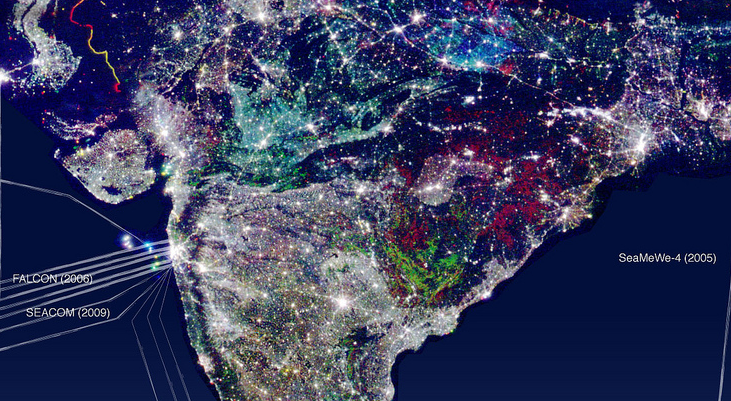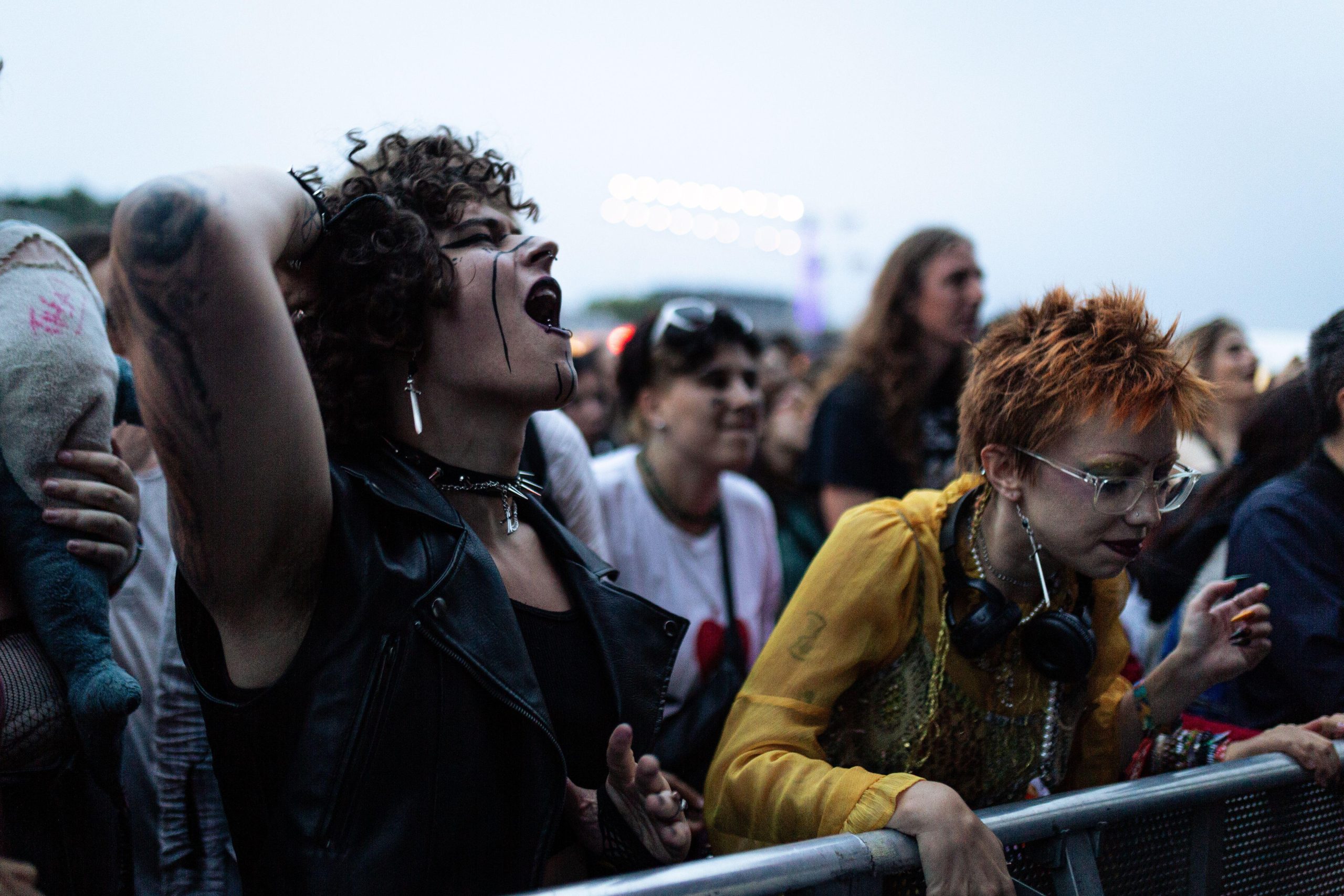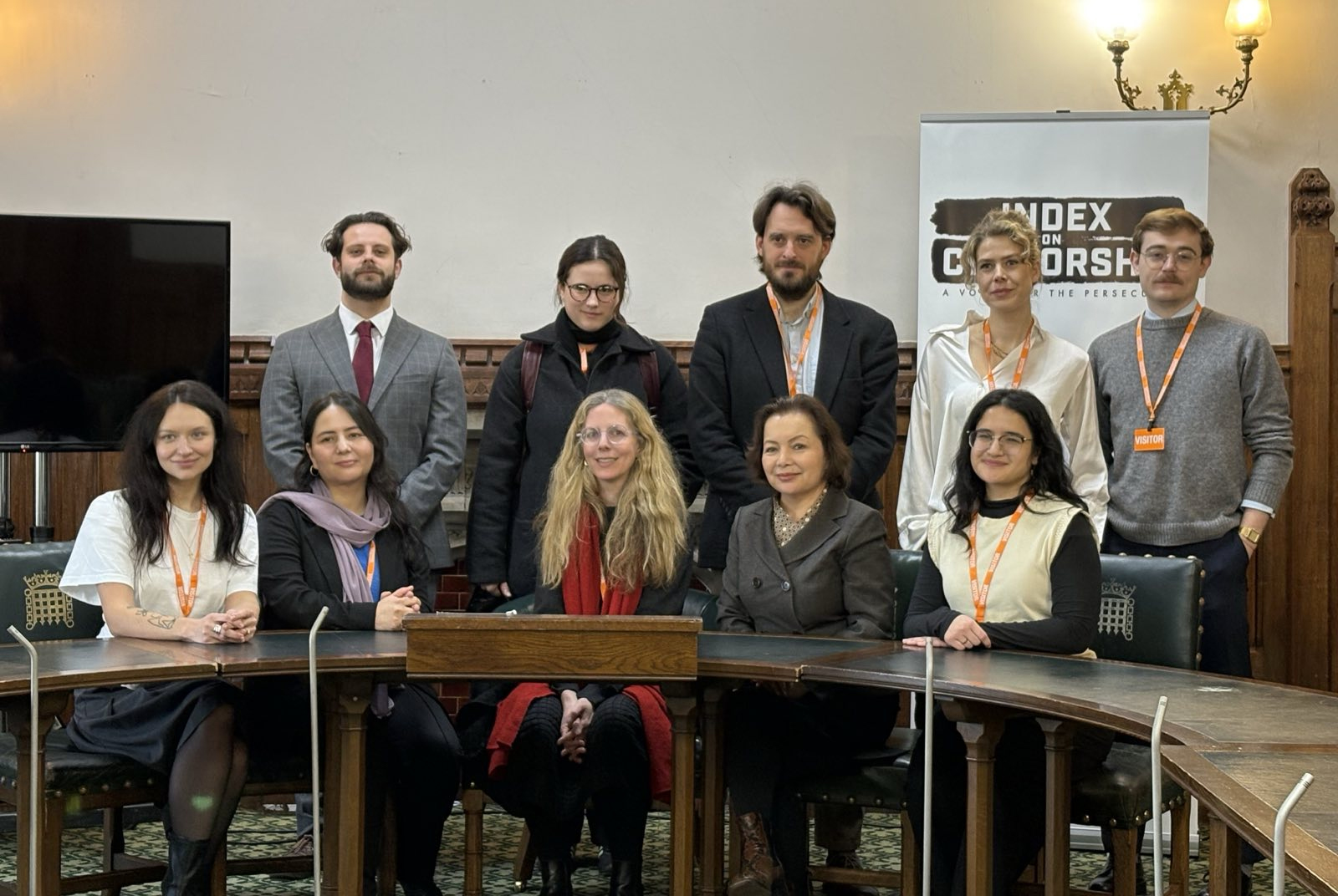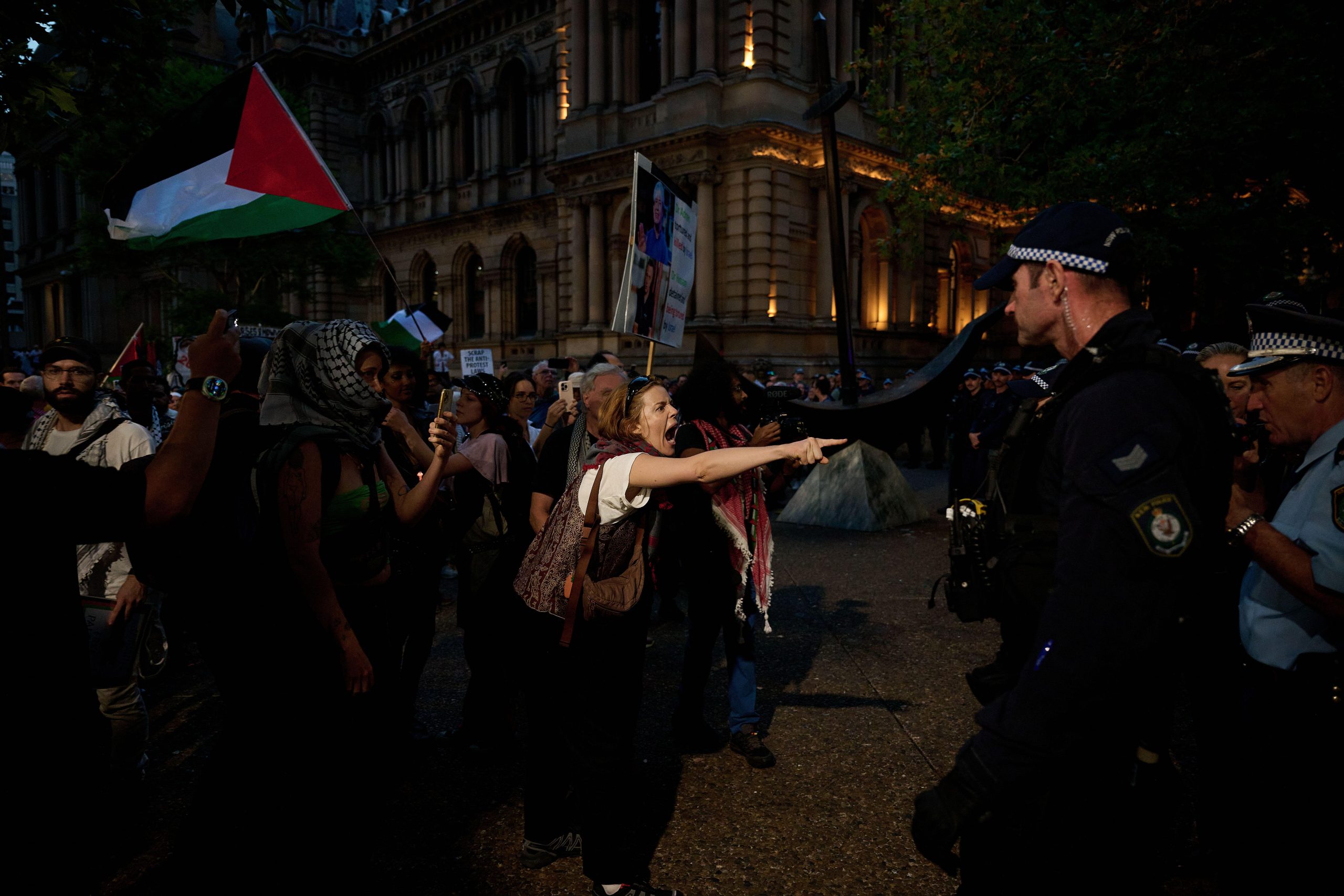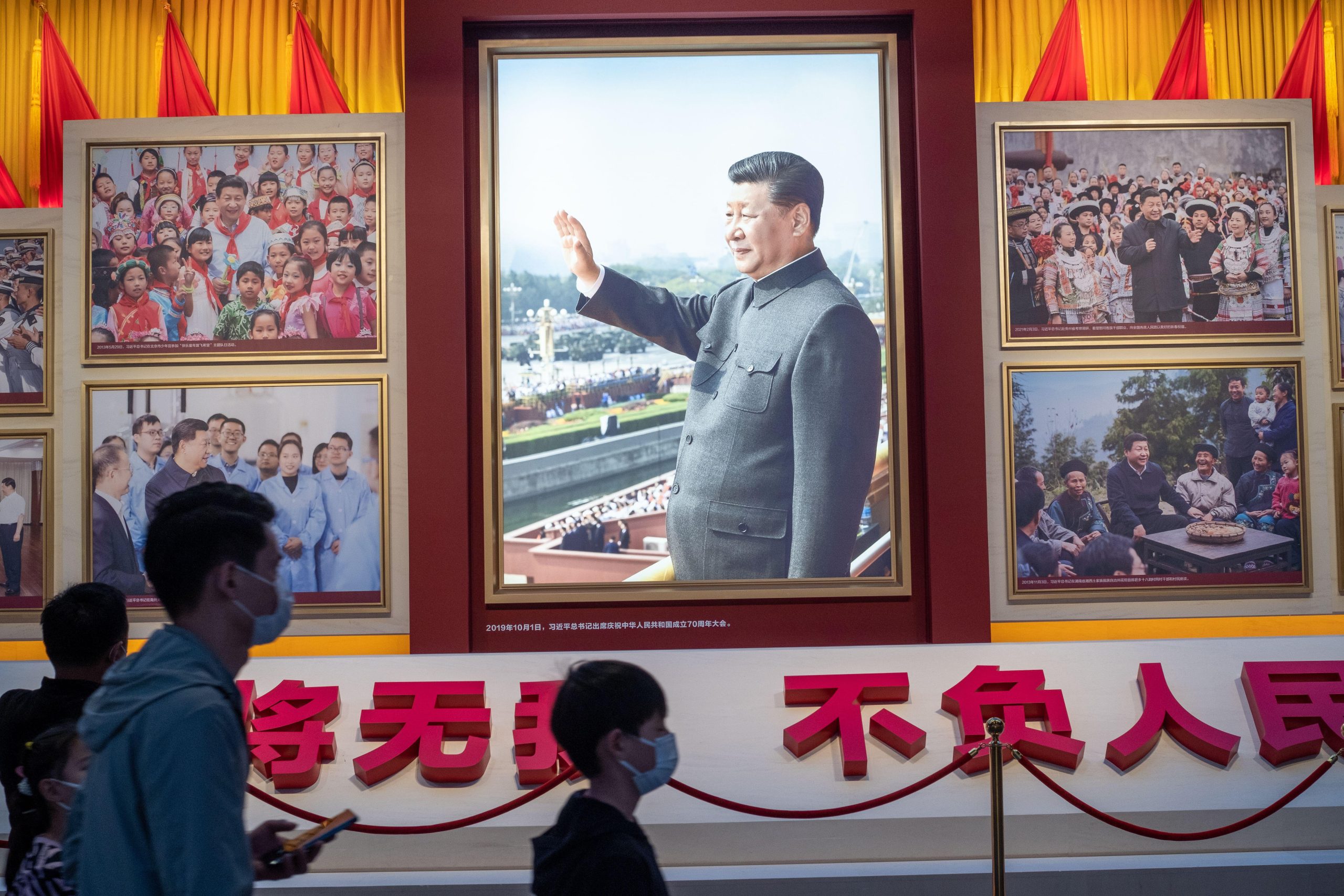Although only 10 per cent of India’s population is online, a divisive national debate over internet freedom has implications for the country’s economic and political growth.
In December 2011 journalist Vinay Rai filed a complaint under sections 200 and 156(3) of India’s Criminal Procedure Code against Google and Facebook (among others) for hosting “objectionable content”. The content, according to the complainant, “seeks to create enmity, hatred and communal Violence amongst various religious communities; is demeaning, degrading and obscene, and will corrupt minds and will seriously affect religious sentiments.”
In response, the Delhi High Court told Google and Facebook India that unless they “develop a mechanism to keep a check and remove” offensive and objectionable material from their web pages, the websites will be blocked, “like China [does]”. The case against the two web giants for allegedly failing to remove such content continues and, if convicted, company executives could face jail time and fines.
In May of this year, several Indian internet service providers blocked access to video-sharing sites, such as Vimeo and Dailymotion as well as file-sharing sites including Pirate Bay (which has since been unblocked), in response to a lawsuit filed by online anti-piracy service provider Copyright Labs over the illegal sharing of their Bollywood films.
The blocking prompted Anonymous India to hack into several websites, briefly taking out those of the Indian Supreme Court, two political parties and telecoms providers through a distributed denial of service (DDoS) attack.
There has also been a rise in government-requested takedowns of content. Google’s latest Transparency Report revealed that the number of content removal requests it received from India increased by 49 per cent in July-December 2011 compared to the previous reporting period (January-June 2011) from 68 to 101.
Online censorship is by no means limited to authoritarian states. Indeed, the control exerted by democracies can be more covert and complicated. Section 69 of the 2008 Information Technology (Amendment) Act, empowers the Indian government to direct any Internet service to block, intercept, monitor, or decrypt “any information through any computer resource.”
In April 2011 the Ministry of Communications and Information Technology issued new guidelines for “intermediaries” (such as internet service providers, website hosting service providers, search engines and online payment sites), under which Internet companies are expected to remove content that regulators deem “grossly harmful,” “harassing,” or “ethnically objectionable” within 36 hours. Failure to comply could land companies with fines or possible jail time.
It was under these rules that the website of political cartoonist Aseem Trivedi, cartoonsagainstcorruption.com, was suspended after a complaint from a Mumbai lawyer that it showcased “defamatory and derogatory” content.
The 2011 rules take censorship — the easy way out of failing to balance freedom of expression and maintaining stability — to the next level. “They [the amendments] make it easy to file criminal complaints,” Trivedi told Index. “Without these rules it would not have been possible to ban my website.”
“If all intermediaries follow these rules this sounds the death knell of free speech online,” says Pranesh Prakash, programme manager at the Bangalore Center for Internet and Society (CIS). “This sets up a new standard for free speech on the internet which is very different from the standard for any other kind of content.”
To take action against “objectionable” content in a newspaper, Prakash says, you would need to get a court order or an executive order from the government. If the same paper published the same content online, however, you would be able to complain to the content host to get it removed.
The CIS has pointed out several flaws in the 2011 rules, notably concerning the liability of intermediaries. In a study published last year, the Centre sent “legally-flawed” takedown notices to seven intermediaries. Six of them “over-complied” with the notices. The rules, the Centre argued, “create uncertainty in the criteria and procedure for administering the takedown thereby inducing the intermediaries to err on the side of caution and over-comply with takedown notices in order to limit their liability and as a result suppress legitimate expressions.”
“We are questioning the constitutionality of these rules,” Prakash adds, noting they have been the subject of a “cross-party attack”. In May a motion to annul the rules was brought forward in the Rajya Sabha, the upper house of India’s parliament. It was defeated, but Communications Minister Kapil Sibal has pledged to hold a consultation on the rules.
This is not the first time India has struggled with protecting freedom of expression while maintaining stability and order. Artist and Index award winner MF Husain battled against censorship for two decades in India, facing hundreds of lawsuits against his work. The ripple effects of the ban of Salman Rushdie’s 1988 novel The Satanic Verses were felt as recently as January this year, with the author being forced to pull out of the Jaipur Literary Festival amid assassination fears.
Freedom of speech and expression, codified in Article 19(1)(a) of India’s Constitution, is not an absolute right. “Reasonable restrictions” can be imposed by the legislature in the interests of security of the State, India’s sovereignty and integrity, public order, decency and morality, defamation and incitement to an offence.
“I personally think a lack of foresight and of good legal drafting has resulted in this mess,” says Prakash of the 2011 rules. “Perhaps there is a genuine concern, but a lack of knowledge about intermediaries and content removal.”
With its internet penetration rate rapidly rising and 76 per cent of the country already using mobiles, India’s government needs to ensure this growth is not tempered by censorship. Chilling free expression online does no favours to India’s title as the world’s largest democracy.
Marta Cooper is an editorial researcher at Index. She tweets at @martaruco
Salil Tripathi on how Colonial-era legislation is being used to curtail free expression in India
Writers take a stand against the Salman Rushdie ban

